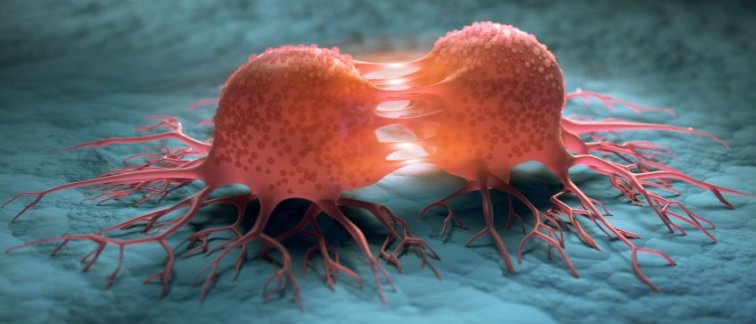For example, environmental signals can induce a specific change in the phenotype of a cancer cell, called the epithelial-mesenchymal transition (EMT), resulting in a cell state that is associated with the ability to invade tissues and resist chemotherapy. Similarly, rare cancer cells with a transient phenotype resembling stem cells have been reported to drive tumor growth, and targeting of these cells is essential for effective therapies.
The spread of cancer cells in the body accounts for the vast majority of cancer deaths. Once malignancies have disseminated, only very few curative treatment options are available due to the occurrence of treatment resistance. Understanding the biology underlying these phenomena is critical to improving therapies and patient outcome.
At Cancer Center Amsterdam, several research teams are focused on understanding cellular plasticity in various cancers, including those of the gastrointestinal tract and the nervous system.




